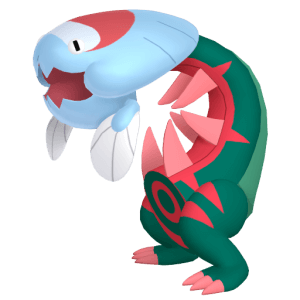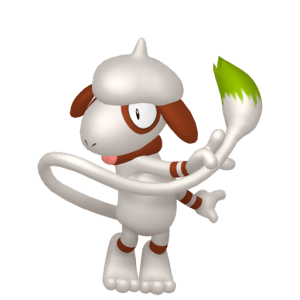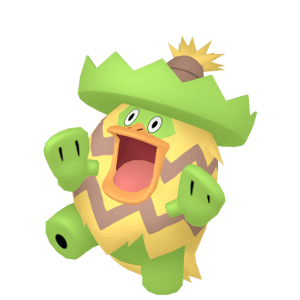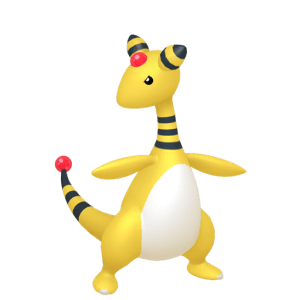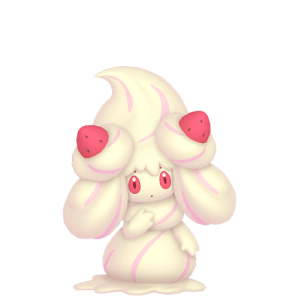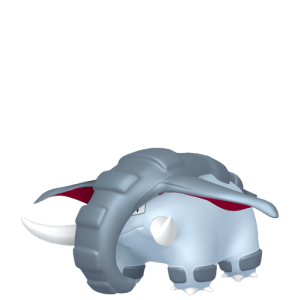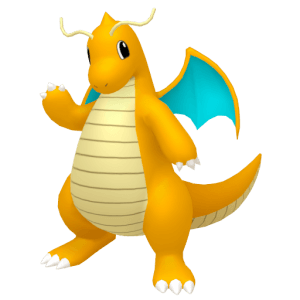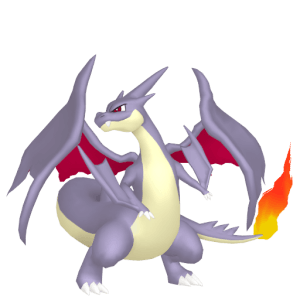Good afternoon all, and welcome to the second instalment of PKMN Japanese. For those of you who have forgotten or are seeing this for the first time, I work with PJN as a translator and use this article to introduce everyone to the Japanese names of Pokemon; breaking them down to show the words that form the names.
Romanised as Hitokage, it’s name is pronounced as He-Toe-Kah-Geh.
Broken down, the characters are: Hi, To, Ka, Ge. The final character, Ge, has it’s original sound changed by the two smaller dots on the top right; it’s original sound being Ke, (keh).
Charmander’s name means Salamander. Taken from the word 火蜥蜴; 火(Hi) meaning fire and 蜥蜴 (Tokage) meaning lizard.
Romanized as Lizardo, it is commonly pronounced Ri/Li-Zar-Doh.
Broken down, the Characters are Li, Za and Do. Much argument arises around the pronunciation of the character ‘リ‘ and it’s counterparts. For the sake of this article, I will be referring to it as an ‘L’, despite it being romanised and spoken as a common combination of ‘R’ and ‘L’. The line between ‘Za’ and ‘Do’, shows and extension of the preceding vowel. In this case, it is the ‘A’ that is carried on, in spoken language it increases the length of the vowel; like saying ‘Ah!’ in surprise and ‘Aaaah’ when showing the doctor your throat. Like ‘Ge’, ‘Za’ and ‘Do’ both have their consonants changed by the little dots in the upper right hand corner; commonly called ‘Ten-ten”. The original readings of these characters, without the ‘Ten-ten”, is ‘Sa’ and ‘Ta’.
Reading the name out loud, it sounds similar to the English word ‘Lizard’. Well that is because it is. Lizaado is the phonetic translation of ‘Lizard’ from English to Japanese.
Romanised as Lizardon, it is commonly pronounced ‘Li-Zar-Don’.
Broken down, Charizard’s name is identical to Charmeleon’s, except it has an extra character on the end. This extra character is the only sole consonant in the Japanese Alphabet, an is Romanised as ‘N’. However it is not pronounced as ‘en/in’ as we English speakers tend to, rather as if you are carrying on the second half of the ‘N’ sound ie; nnnnnn. This is actually quite difficult to explain. Feel free to explain in the comments.
Like Charmeleon, Charizard’s name is a phoenetic translation of the word ‘Lizard’, but also encompasses a combination of the words ‘Lizard’ and ‘Dragon’, but also the Greek suffix ‘Don’ (-odon) meaning ‘Tooth’; common on the end of many Dinosaur names.
Well that’s it for this week, I look forward to reading your comments.
Silver out~



